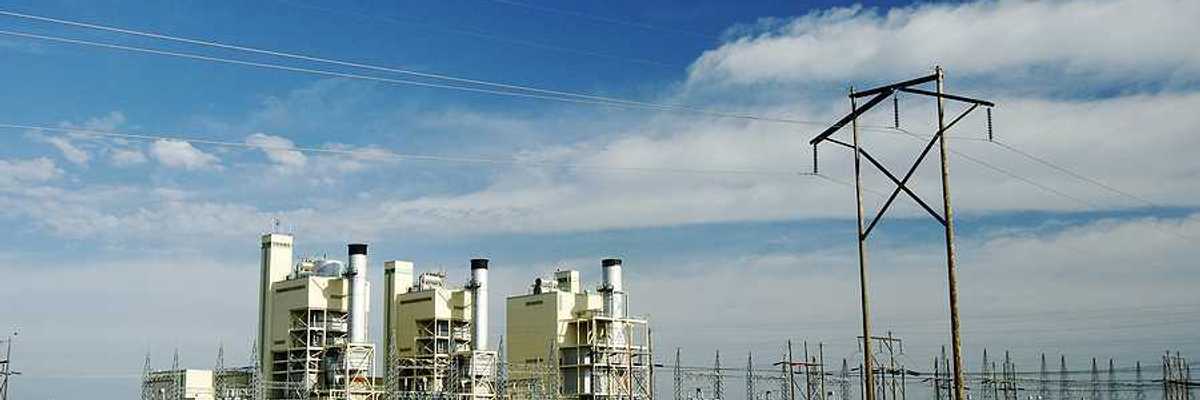russia
Russia's war on Ukraine significantly increases global emissions
The ongoing conflict between Russia and Ukraine has led to greenhouse gas emissions exceeding those of 175 countries annually, contributing to the global climate crisis, according to a new report.
In short:
- Russia's invasion has released 175 million tonnes of CO2 equivalent, comparable to emissions from 90 million petrol cars for a year.
- Emissions result from direct warfare, reconstruction, landscape fires, and disrupted air travel.
- Russia faces a $32 billion climate reparations bill for the war's first two years.
Key quote:
"Russia is harming Ukraine but also our climate. This ‘conflict carbon’ is sizeable and will be felt globally."
— Lennard de Klerk, IGGAW lead author
Why this matters:
Military activities, including the use of heavy weaponry, explosions, and the mobilization of troops and equipment, contribute significantly to carbon emissions. The destruction of infrastructure and industrial facilities adds another layer of environmental degradation. These emissions exacerbate the global climate crisis, compounding the already urgent need for international climate action.
US shifts to domestic uranium production amid geopolitical tensions
The Biden administration has enacted a law ending uranium imports from Russia to bolster local production and strengthen the U.S. nuclear energy sector.
In short:
- President Biden's new law not only prohibits Russian uranium imports but also allocates $2.7 billion to support U.S. uranium mining and processing.
- Domestic efforts include reopening mines in Arizona and Utah, despite ongoing environmental and tribal concerns.
- Secretary of Energy Jennifer Granholm emphasized the importance of self-reliance in nuclear fuel supply for America's clean energy future.
Key quote:
"Our nation’s clean energy future will not rely on Russian imports. We are making investments to build out a secure nuclear fuel supply chain here in the United States."
— Jennifer Granholm, Secretary of Energy
Why this matters:
Increasing domestic uranium production could lead to mixed outcomes. On the positive side, bolstering local production of uranium reduces reliance on foreign resources, which can enhance national security and reduce vulnerabilities associated with geopolitical tensions. However, uranium mining and milling are resource-intensive processes that pose potential risks to local ecosystems and water sources. The extraction process can generate large amounts of waste rock and tailings, which may contain hazardous substances like radium and arsenic. These can contaminate groundwater and surface water if not properly managed.
Flood disaster in the Urals prompts protests and appeals to Putin
Thousands in the Urals have been forced to evacuate due to flooding, sparking protests and calls for President Putin's aid.
In short:
- The flooding, worsened by a dam collapse, has caused extensive damage in Russia's Orenburg region, prompting urgent evacuations.
- Residents of Orsk, severely hit by the disaster, are openly criticizing local authorities and demanding more substantial aid.
- The incident has highlighted the long-standing issues with the dam's maintenance and the government's disaster response capabilities.
Why this matters:
Events like these highlight the complexities of disaster response in large nations as well as the bigger issues of infrastructure resilience and public trust in governmental authorities.
In the face of more frequent and intense rainfall, dam failures are becoming the norm. What can be done with the underfunded relics?
Russian collaboration freeze impacts permafrost research
The escalating thaw of Arctic permafrost, a critical factor in global climate change, faces research challenges due to a halt in scientific collaboration with Russia, hindering vital data collection and analysis.
In short:
- The Russian invasion of Ukraine led to a halt in international permafrost research collaborations.
- More than half of the Arctic's permafrost, a significant carbon store, lies under Russian territory.
- Scientists are seeking alternative methods like remote sensing and proxy sites, but the lack of direct Russian data is a significant setback.
Key quote:
"We need specific measurements, in real time, and it has to happen from people in the ecosystem."
— Ted Schuur, Northern Arizona University
Why this matters:
This disruption hampers the global understanding of permafrost's role in climate change. Accurate data on permafrost thaw and greenhouse gas release is crucial for predicting and mitigating climate impacts, emphasizing the need for international scientific collaboration.
Russia–Ukraine war leaves scientists struggling to investigate Arctic changes
The study of how climate change has affected the Arctic is being hampered due to missing data resulting from the Russian invasion of Ukraine.
Azerbaijan is expected to host the U.N. Climate Summit in 2024
The next United Nations climate change summit appears set to take place in Azerbaijan, a spokesman for the country said Saturday, resolving a bitter, monthslong political standoff over which nation should host the talks in 2024.









